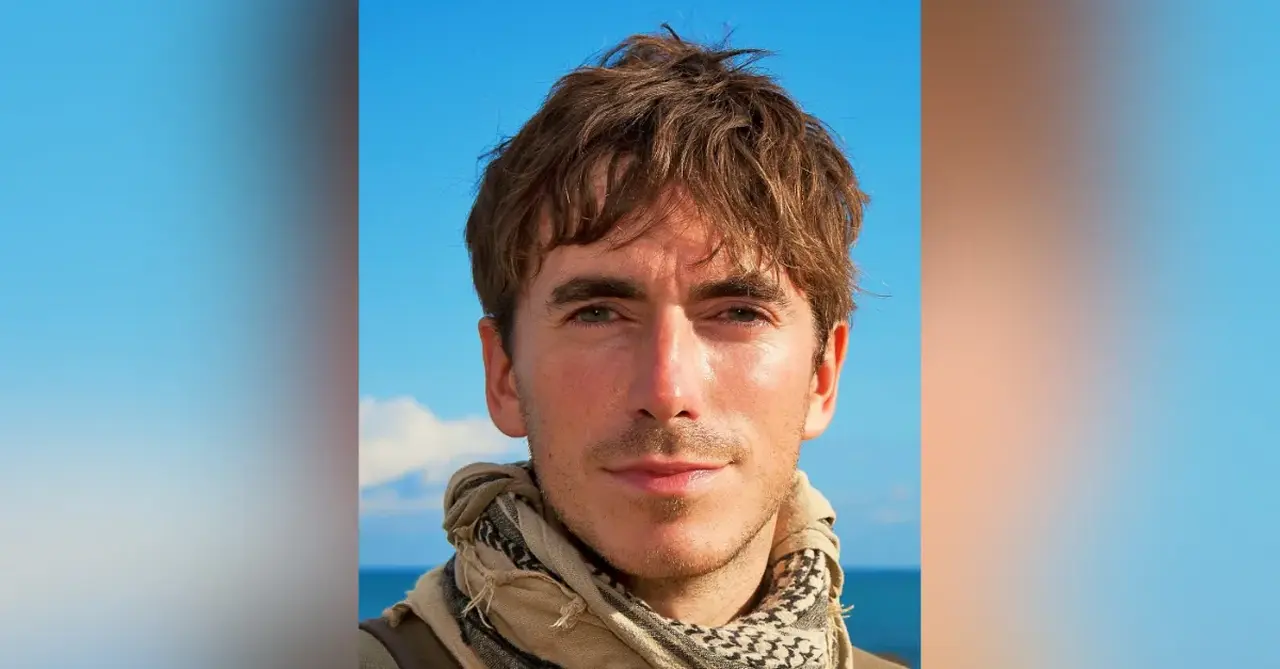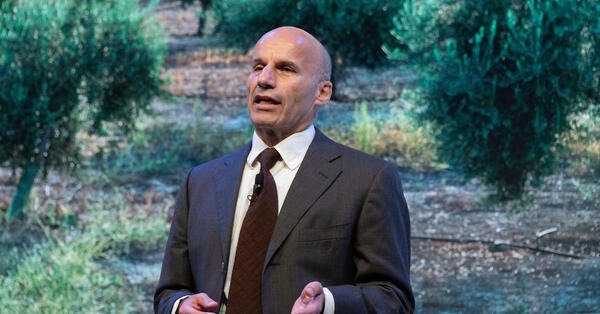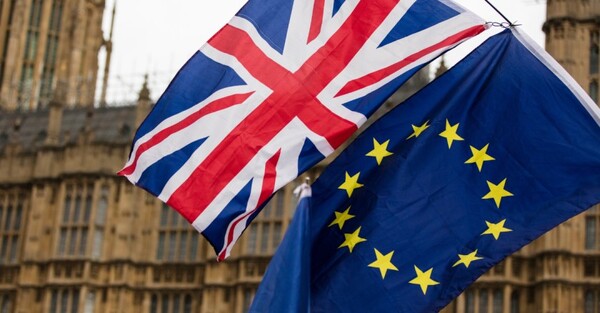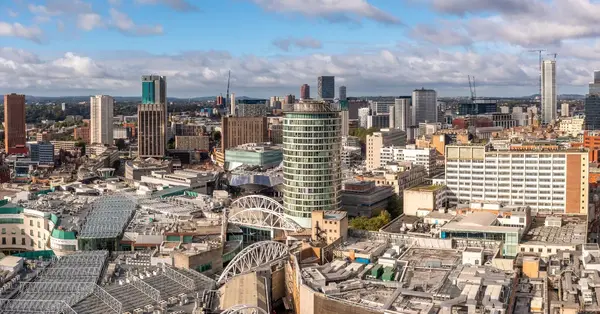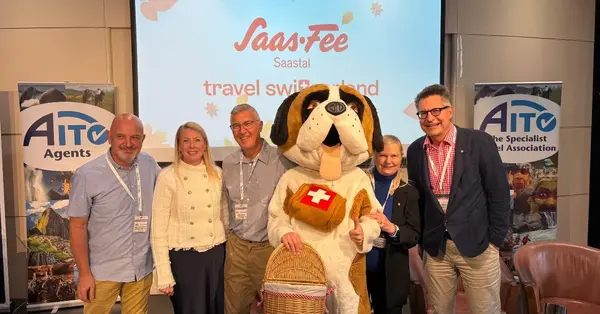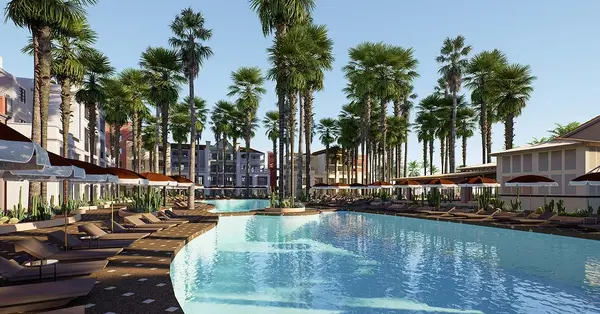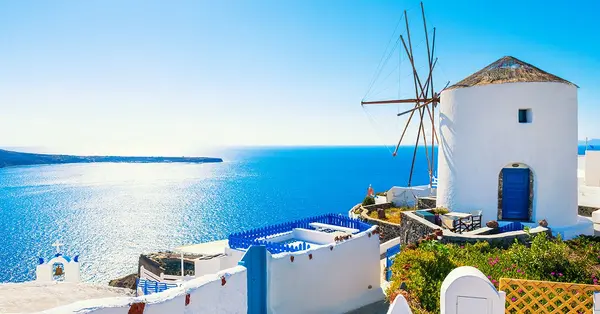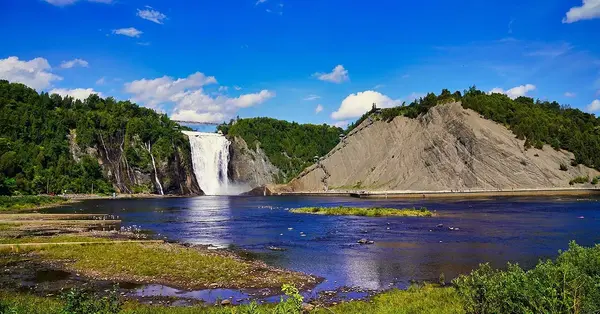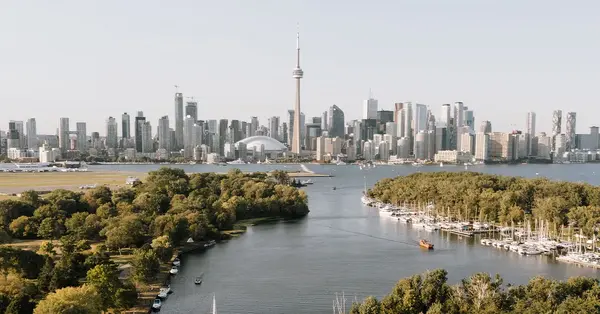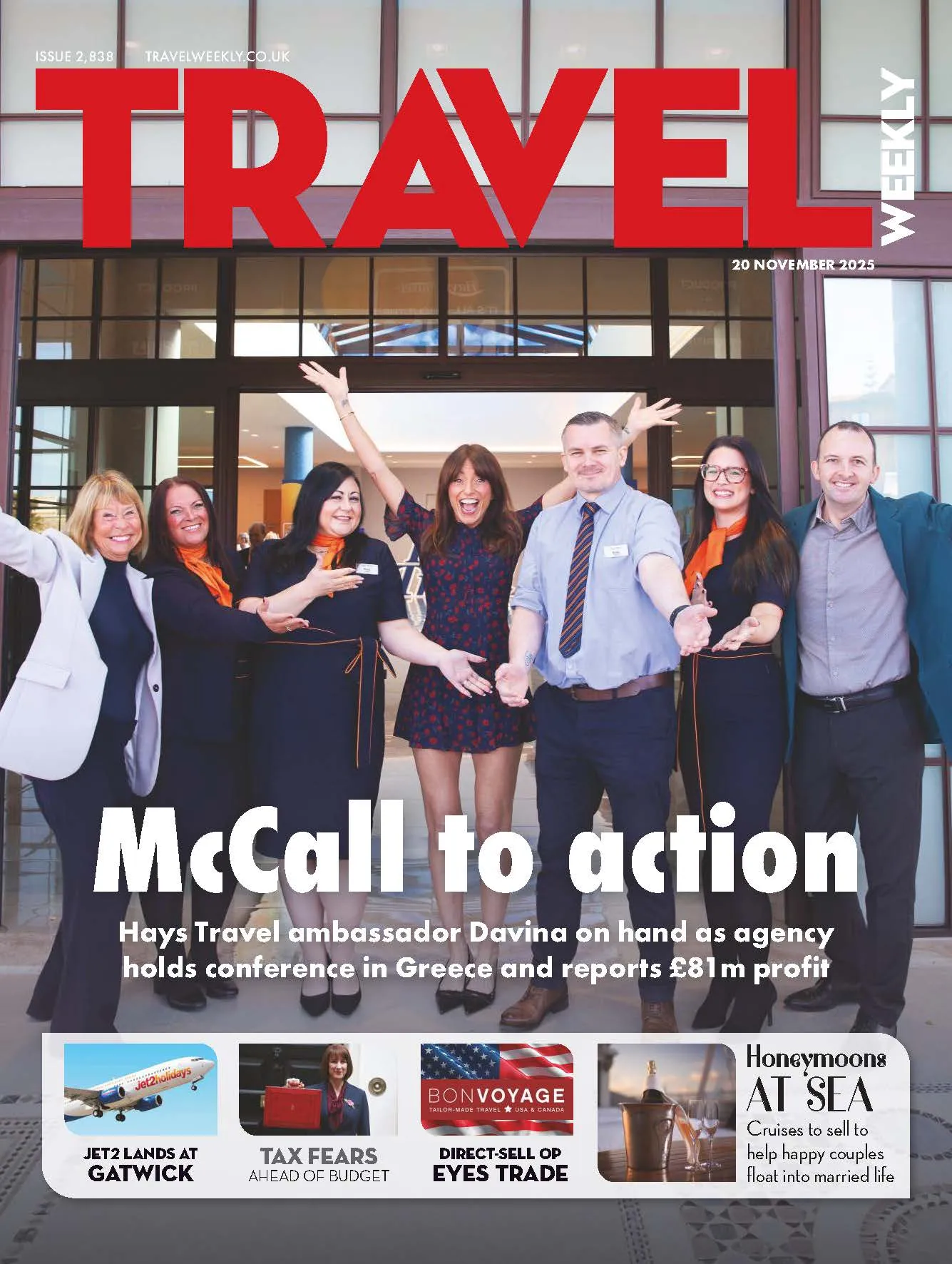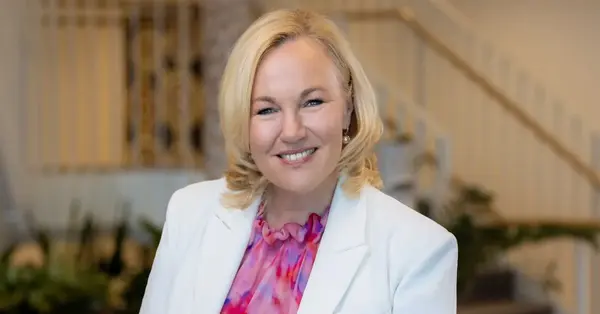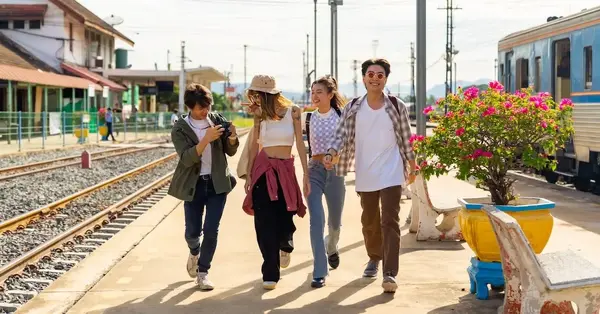You are viewing 1 of your 2 free articles
Simon Reeve: Travel must improve at promoting benefits of tourism
The travel industry could do a much better job of promoting the benefits of tourism in remote destinations across the world, according to Simon Reeve.
Speaking at the annual Travel Counsellors conference in Liverpool, the adventurer and documentary filmmaker urged the sector to broadcast the fact travel is a “really important industry for putting money back into communities abroad and helping to protect some places”.
His impassioned speech, which came during a Q&A session with Travel Counsellors chief marketing officer Liam Howley, was met by applause from the 1,500-strong crowd at M&S Bank Arena.
More: Agents must be ’more proactive and consultative than ever’ amid rise of AI
“Part of the good story of travel and tourism today is how travel can be used to help protect places – I don’t think that’s something the industry talks about remotely enough,” said Reeve.
“You get a hammering about your green credentials, but I’m out there on the front line in areas which are being attacked by loggers, miners, ranchers and people drilling for oil – and in these places, tourism is the answer; tourism is what might save them.”
He added: “These people [who live in such areas] are hoping for little resorts and eco places to be built so that tourists can come and the tourism money can help sustain the local economy, so they don’t have to cut the forests and fish out all the wildlife.”
Reeve pointed to The Maldives – which he labelled a “staggering place to visit” – as an example to highlight his point.
“Everyone thinks of The Maldives as this super high-end tourism destination, which it is, but it’s also one of the most important marine sanctuaries on planet Earth,” he said.
“It’s worth pointing that out to people and highlighting that by sending travellers there, particularly to some of the more eco places, you’re actually helping to keep those places going.”
Reeve urged Travel Counsellors agents to try and get their clients out of their comfort zone and try new experiences when on holiday.
“If you’ve got a couple who you’re talking to, there’ll likely be a safer one and a braver one,” he said. “Play to the braver one; nudge them a bit and encourage them to push the other out of their [comfort] zone.
“It doesn’t have to be ludicrous; it could just be trying something new when they’re away, having a little bit more of an experience – even having just one day of doing something that’s a little bit different.”
He added travellers are more likely to remember the experiences when they are exploring and doing something they are not used to, even “if something goes a little bit wrong”, instead of the time spent at their resort or beach.

